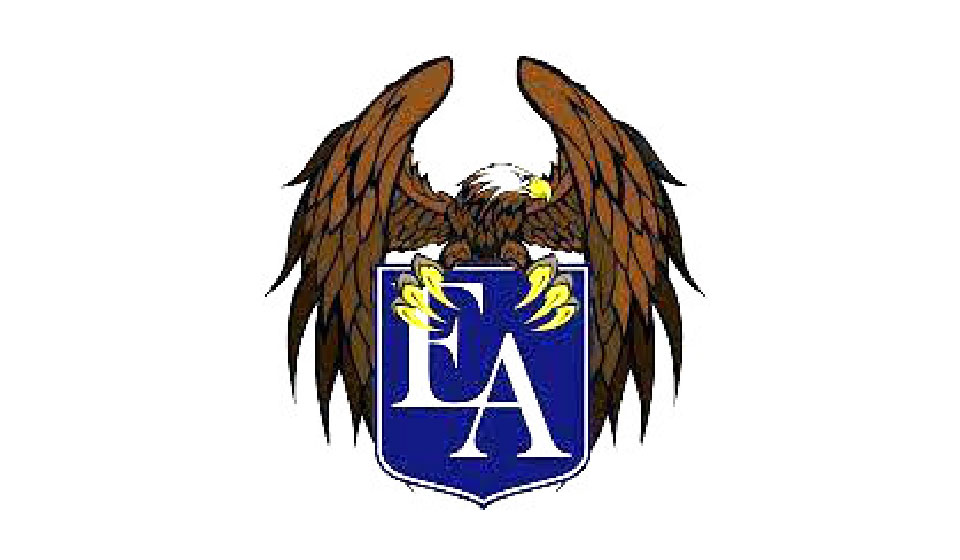STUDENT WRITERS – Examining “The Social Dilemma”: The real impact on young people
 STUDENT WRITERS PROGRAM
STUDENT WRITERS PROGRAM
This week featuring: ERSKINE ACADEMY
by Olivia Bourque of Vassalboro, Maine
Erskine Academy Junior
It is truly paradoxical that a generation has been raised to be enthralled by inventions detrimental to their mental health and wellbeing. A Netflix documentary, The Social Dilemma, addresses the evolution of and dangers of social media, an enigma and issue growing exponentially along with the minds of young adults. Simply stated, exposure to harsh and unfiltered content on social media harms teens’ self esteem, while captivating them with unlimited information tailored to their wants and interests. Software smarter than anyone and worth millions of dollars generates a feed of suggested content to keep everyone mindlessly engrossed, though this software was never created to improve the mental state of the person behind the screen, but rather to make some people an enormous amounts of money.
An embellished version of this enchantment is demonstrated with a teenage boy, a standard social media app, and a fictional group of people controlling his suggested feed (replacing the job of designated software for this purpose). At the beginning of the documentary, this group of people keeping the teenage boy actively swiping seems innovative, although the boy’s family and friends blatantly express their concern and frustration with his obsession. Any parent of a child with a smartphone would likely wholeheartedly confirm this aggravation, as these apps truly are addicting. This is expected, however, especially with the knowledge that machines present users with content hand-selected for their amusement.
As the film continues, the people controlling the teenage boy’s suggested feed and notifications slowly come to the epiphany that their job is not in the best interest of the user whom they’re supposed to keep engaged. Though this was a satisfying ending, it is unrealistic, as these groups of people are actually machines, incapable of understanding human emotions, actually observing how its work affects their users, and finally does not have the power to discontinue their work. With this, society does not have anyone to rely on to contain this mass craze, and therefore we must come to this revelation on our own.
In a smaller part of The Social Dilemma, a teenage girl represents a massive demographic of those whose mental health and self esteem is at jeopardy; she is also spending far too much time scrolling through content tailored to her, and along the way she begins to compare herself to others, instilling unrealistic expectations for herself. Like this girl, many young adults question their worth once they see what the ideal woman or man should look like through a series of heavily edited pictures.
This can often lead to numerous mental health issues, such as depression, anxiety, and eating disorders. Instead of taking away social media’s power to contort self-image, the girl responds to this insecurity by fixing her hair, makeup, and lighting, finding the perfect filter, and posting a picture of herself attempting to conform with current beauty standards.
This backfires on her when she receives mean comments online about her ears. From this, her self-esteem plummets, and she does everything in her power to cover her ears. Not only does this teenager unknowingly succumb to temptation of handpicked material online, but she also alters her emotional state as a result. This enforces the idea that a generation of self-destructive slaves to the internet are being created, and it’s almost unavoidable.
Student Writer’s Program: What Is It?
The Town Line has published the first in what we hope will be many articles from local students under the heading of the “Student Writer’s Program.” While it may seem plainly evident why The Town Line would pursue this program with local schools and students, we think it’s worth the time to highlight the reasons why we enthusiastically support this endeavor.
Up front, the program is meant to offer students who have a love of writing a venue where they can be published and read in their community. We have specifically not provided topics for the students to write on or about, and we have left the editing largely up to their teachers. From our perspective this is a free form space provided to students.
From the perspective of the community, what is the benefit? When considering any piece that should or could be published, this is a question we often ask ourselves at The Town Line. The benefit is that we as community are given a glimpse into how our students see the world, what concerns them, and, maybe even possible solutions to our pressing problems. Our fundamental mission at the paper is to help us all better understand and appreciate our community, our state, and our nation through journalism and print.
We hope you will read these articles with as much interest and enjoyment as we do. The students are giving us a rare opportunity to hear them out, to peer into their world, and see how they are processing this world we, as adults, are giving them.
To include your high school, contact The Town Line, townline@townline.org.
Responsible journalism is hard work!
It is also expensive!
If you enjoy reading The Town Line and the good news we bring you each week, would you consider a donation to help us continue the work we’re doing?
The Town Line is a 501(c)(3) nonprofit private foundation, and all donations are tax deductible under the Internal Revenue Service code.
To help, please visit our online donation page or mail a check payable to The Town Line, PO Box 89, South China, ME 04358. Your contribution is appreciated!



Leave a Reply
Want to join the discussion?Feel free to contribute!